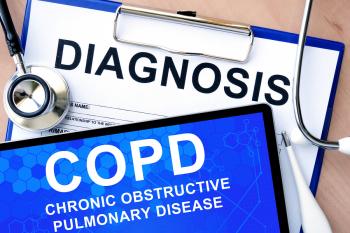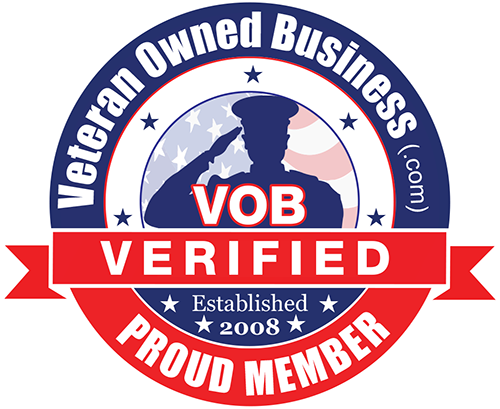Symptoms of COPD
February 10, 2021

Chronic obstructive pulmonary disease (commonly referred to as COPD) is the blanket term for several lung conditions that your parent could suffer from. These lung conditions make breathing difficult by blocking airflow. The two most common lung conditions that fall under the COPD umbrella are emphysema and chronic bronchitis and many people who have one will have the other.
If you or your home care provider have started to see your parent struggling to breath, you might want to get these conditions checked out by your parent’s doctor. COPD can come on slowly, with just a slight cough in the morning or a bit of wheezing. Your parent may just think he has a long-lasting cold that he just can’t seem to shake, or he may feel like he’s simply out of shape, making breathing harder when he exercises.
While emphysema occurs when the air sacs of the lungs (alveoli) become damaged and enlarged, and chronic bronchitis occurs when there is an inflammation of the bronchial tubes (airways), both lead to similar symptoms as COPD develops.
At the beginning stages, the symptoms are mild and can include any of the following:
-
Fatigue
As your parent has a more difficult time breathing, he may find himself feeling more fatigued than normal. While fatigue can be a symptom of many physical and mental disorders, when coupled with the following symptoms, it could be the development of chronic obstructive pulmonary disease. -
Persistent cough that often contains mucus
Many people have called this a “smoker’s cough,” and if your parent is long-term smoker, you may have noticed it for years. If you or your home care provider are now observing your parent’s cough lasting longer or occurring more often, it’s time to get it checked out. -
Chest tightness
Your parent may mention that his chest feels tight often when he’s trying to breath or after a coughing spell. -
Wheezing
Wheezing is a high-pitched whistling sound that your parent makes when breathing. It can occur when he exhales or inhales. It occurs when his airways are inflamed or blocked. -
Dyspnea (shortness of breath that worsens with activity)
If your parent is finding he’s wanting to do less and less physical activity because of a shortness of breath, you’ll want to discuss that with his physician as well.
As COPD develops, symptoms can worsen and lead to the following:
-
You or your home care provider may notice that your parent’s skin seems to have a blueish tinge, especially around the lips and fingernails. This is called cyanosis and is caused by those parts of his body not getting enough oxygen causing poor circulation.
-
Weight loss that is unexpected.
-
A rapid heartbeat that comes and goes.
-
If your parent’s feet and ankles are swelling up, he might have edema.
-
In severe cases, COPD can also cause mental confusion and disorientation.
Especially if your parent is a smoker, the sooner you can get him into to a doctor to get diagnosed, his treatment can begin. Caught early enough, his treatment may just involve stopping smoking if he is and using a device to help open up his airways such as a bronchodilator or long-lasting inhaler.
If you or your loved one is looking for Home Care in San Jose, CA, please call Familiar Surroundings Home Care.
Santa Clara County: (408) 979-9990
San Mateo County: (650) 353-9777
Santa Cruz County: (831) 480-3990
